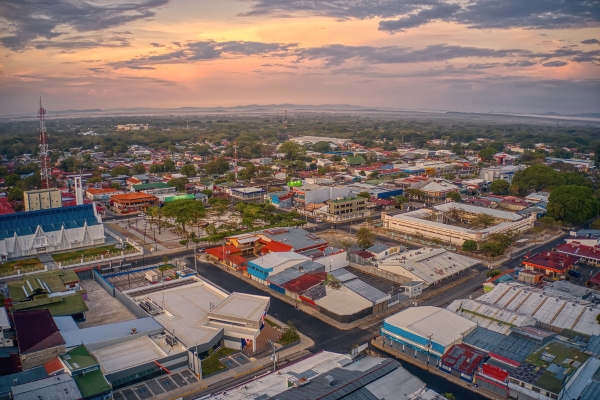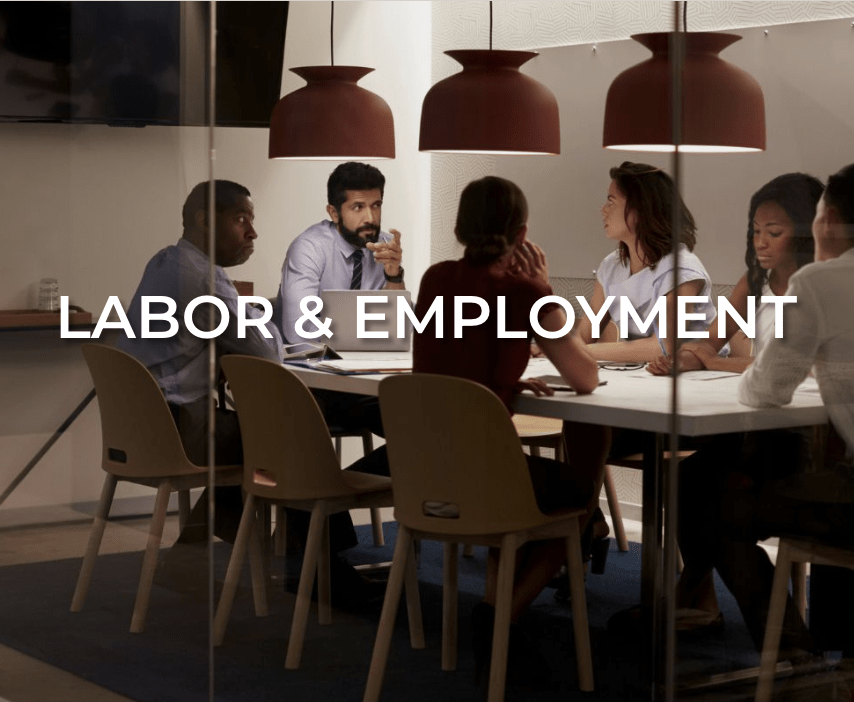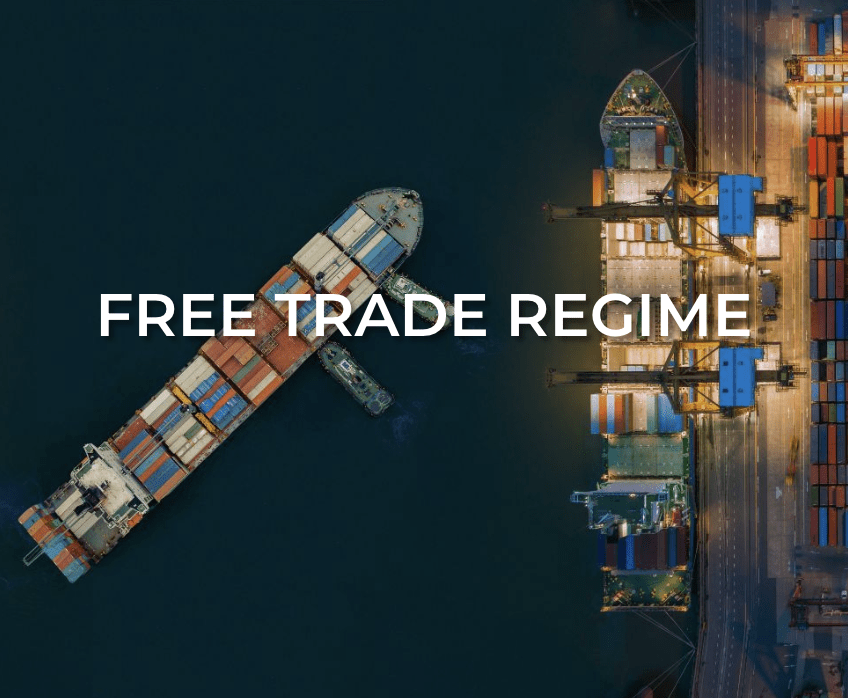

The Free Trade Zone Update: What To Expect In The Future?
by Quatro Legal Free Trade Regime Team | Feb. 13, 2025 | Article, Free Trade Regime

In the 1980s, our country began a process to boost its economy in the world of exports; we went from simply offering incentives for the export of non-traditional products to promoting the attraction of Foreign Direct Investment (FDI). For this reason, in 1990, with the promulgation of Law No. 7210, Law of the Free Trade Zone Regime, a new concept of “free trade zone” was born, which puts our country at the forefront in matters of foreign trade and foreign investment.
Law No. 7210 defines the incentives and benefits that the Costa Rican State will grant to companies that come to invest in the country. Additionally, this law innovates by allowing the incorporation of companies that offer export services, not only products. In its first years, the modifications were minimal, with legal security prevailing to date.
Key Reforms in Costa Rica’s Free Trade Zone Regime
The first significant reform was given by Law No. 7830 of September 22, 1998, which promoted the following: (i) control and oversight mechanisms; (ii) adjustment of obligations and insertion of violations and sanctions; (iii) the reinvestment of companies.
The second reform, through Law No. 8262 of May 2, 2002, which supports small and medium-sized businesses, established links between private companies and institutions following the regulations of the World Trade Organization (WTO), and promoted linkages so that these small and medium-sized companies could become suppliers of free zone companies, thus benefiting the export sector.
The third reform, through Law No. 8794 of January 12, 2010, is in place to comply with the provisions of Article 27 of the Uruguay Round Agreement on Subsidies and Countervailing Measures (SCM Agreement), which originally required all developing Members of the WTO to gradually eliminate any “export subsidy”; One of the largest reforms to Law No. 7210 is made and category f) of processing company without export requirement is incorporated; as well as the eligibility criteria and the establishment of strategic sectors.
The fourth reform comes from Law No. 9531 of April 18, 2018 to promote investment and job creation in quality in the Western Region of Alajuela, specifically for the cantons of Grecia, Valverde Vega, Naranjo, Palmares and San Ramón.

The fifth reform according to Law No. 9689 of May 24, 2019, to ensure compliance with the international standards and criteria established by the Organization for Economic Cooperation and Development (OECD) in the “inclusive framework” of the action plan to combat the erosion of the tax base and transfer of benefits (“BEPS, action 5”), adjustments as part of Costa Rica’s entry into the OECD, eliminating the restrictions that service companies had for sales to the local market.
The sixth reform according to Law No. 9851 of June 17, 2020, interpretation of subsection d) of article 20 of Law No. 7210 by local governments, in relation to the territorial tax, clarifying that where it says “territorial tax” it should be understood as “real estate tax”.
The seventh reform according to Law No. 10234 of May 4, 2022, Law to strengthen territorial competitiveness to promote the attraction of investments outside the Greater Metropolitan Area, in accordance with the following: (i) expands the concept of new investments related to infrastructure and human capital, (ii) modifies requirements and conditions for companies under category c); (iii) VUI Procedures, (iv) new categories g, h, i and their investments, (v) new definitions, among others.
The eighth reform according to Law No. 10559 of October 17, 2024, Law to encourage the reactivation of the cultural sector and the attraction of film and musical productions, the inclusion of a new category of company, through subsection j) of article 17 “j) Companies in the film, audiovisual and recording industries that are permanently installed outside the Greater Metropolitan Area (GAM)”.
Global Tax Challenges and Adaptations
The regime has faced great detractors over the years, however, these attempts to modify its conditions have not prospered, stability and legal security have been maintained, which is essential for attracting FDI; Recently, the issue of the global minimum tax for multinational companies is a concern for the regime, since this could impact legal security.
Although we have been hearing about this tax since 2016, it will impact the exemption on corporate income tax provided by the regime. Therefore, in the near future, the regime will need to be restructured to apply a minimum tax rate in accordance with the global minimum tax.
Disclaimer: The information provided in this blog post is for general informational purposes only and is not intended to constitute legal advice. While we strive to ensure the accuracy and timeliness of the content, laws and regulations are subject to change. For the most accurate and up-to-date information, please contact our office directly. Some images may be AI generated.
Get To Know Quatro Legal

We’re bringing empathy and excellence back to legal counseling. Quatro Legal is built on a bedrock of kindness, a passion for service, and a commitment to guiding you through your legal challenges with ease.
OUR SERVICES
EXPLORE BY
category
REAL
ESTATE
CORPORATE
COSTA RICA
LIFESTYLE
LABOR & EMPLOYMENT
CLIENT
TESTIMONIALS
FREE TRADE
REGIME
All Rights Reserved 2023 | Privacy










